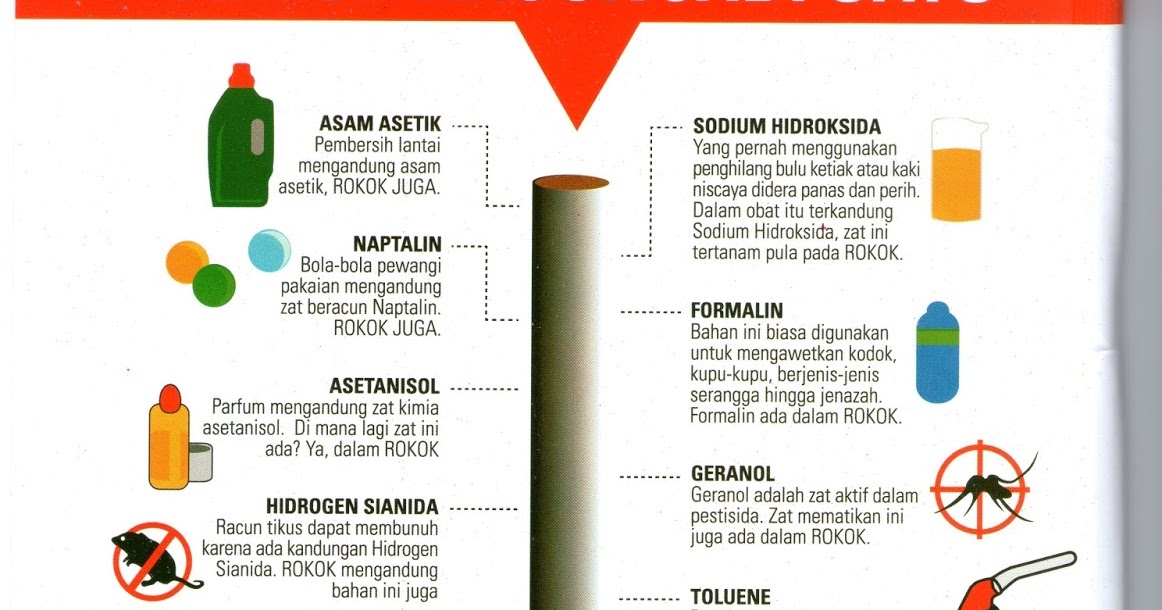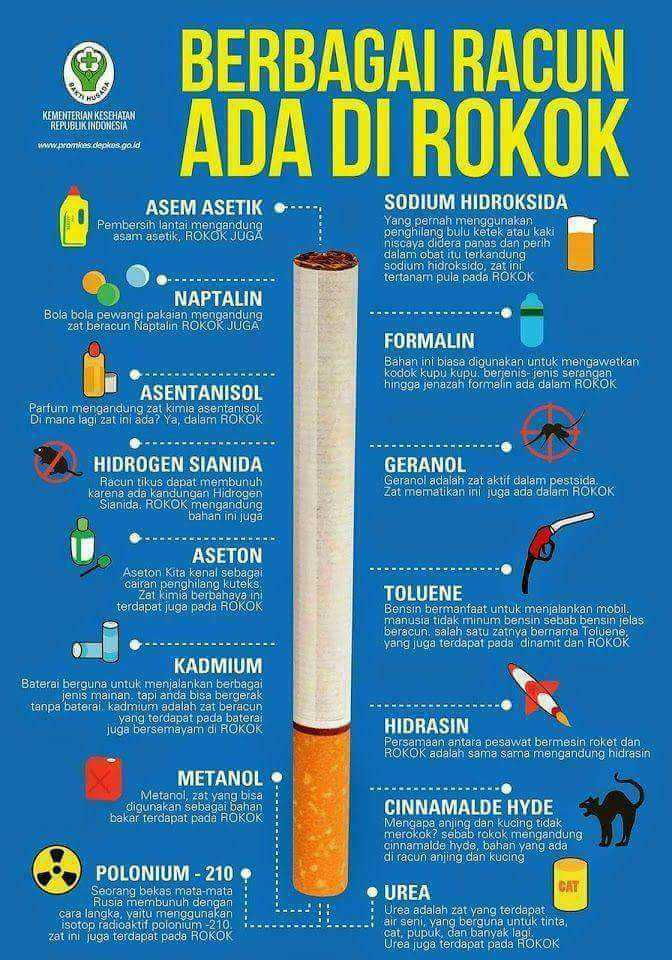The Chemical Cocktail Inside Your Cigarettes

Ever wonder what you're *actually* inhaling with each drag of a cigarette? It's not just nicotine. It's a complex concoction of chemicals, a veritable witches' brew of toxins that wreaks havoc on your body. Let's dive deep into the murky world of cigarette ingredients, exploring the hazardous substances lurking within that seemingly innocuous white stick.
Cigarettes contain a shocking array of chemical compounds, many of which are known carcinogens, meaning they can cause cancer. Think of it as a chemical cocktail, expertly designed to deliver addiction and disease in equal measure. This isn't just about tar and nicotine; we're talking about arsenic, formaldehyde, benzene – the stuff of nightmares, literally burning in your lungs with every puff.
The history of these chemical additives in cigarettes is a long and sordid one, often shrouded in secrecy by tobacco companies. While early cigarettes primarily consisted of tobacco leaf, the 20th century saw a boom in the use of additives to enhance flavor, burn rate, and, most importantly, addictiveness. The result? A product engineered for profit, with human health a distant afterthought.
Understanding the chemical makeup of cigarettes is crucial for grasping the sheer magnitude of the health risks involved. From lung cancer and heart disease to emphysema and stroke, the devastating consequences of smoking are directly linked to the toxic substances present in cigarette smoke. These chemicals don't just affect smokers; secondhand smoke exposes non-smokers, particularly children, to the same dangers.
The core issue here is the sheer number and variety of harmful chemicals in cigarettes. We're talking about over 7,000 different chemicals, at least 69 of which are known to cause cancer. This isn't a simple problem; it's a complex web of interacting toxins that cumulatively damage the body in countless ways.
One of the most prevalent chemicals, nicotine, is highly addictive. It's the reason smokers find it so difficult to quit. Other dangerous compounds include carbon monoxide, which interferes with oxygen transport in the blood, and ammonia, a harsh irritant that damages the respiratory system.
While some might argue that certain components of tobacco could have potential benefits in isolated and controlled settings (like nicotine being studied for potential use in neurological treatments), these benefits are completely overshadowed by the overwhelming harm caused by smoking. There are no health benefits to smoking cigarettes.
Advantages and Disadvantages of Knowing About Cigarette Chemicals
| Advantages | Disadvantages |
|---|---|
| Increased awareness of health risks | Can be anxiety-inducing |
| Motivation to quit smoking | Information overload |
Frequently Asked Questions:
1. What is the most harmful chemical in cigarettes? While nicotine is highly addictive, many other chemicals like arsenic and formaldehyde are potent carcinogens.
2. How many chemicals are in cigarettes? Over 7,000, with at least 69 known to cause cancer.
3. What is the effect of carbon monoxide in cigarettes? It reduces the blood's ability to carry oxygen.
4. What does ammonia do in cigarettes? It irritates the respiratory system.
5. Why are cigarettes addictive? Primarily due to the presence of nicotine.
6. What are some of the cancers caused by smoking? Lung, throat, bladder, kidney, and many more.
7. How does secondhand smoke affect others? It exposes them to the same harmful chemicals as smokers.
8. Are there any safe levels of smoking? No, any exposure to cigarette smoke carries risks.
Tips and tricks related to avoiding the harmful chemical cocktail in cigarettes are simple: don't smoke. If you're a smoker, seek help to quit. There are numerous resources available, from support groups to medications.
In conclusion, cigarettes are a complex delivery system for thousands of harmful chemicals, impacting every aspect of a smoker's health and posing significant risks to those around them. Understanding the sheer volume and toxicity of these chemicals is a crucial step towards making informed decisions about your health. While quitting can be challenging, the benefits are immeasurable. Take control of your health and choose a life free from the burden of these dangerous chemicals. Seek help, find support, and begin your journey to a healthier, smoke-free future. The dangers posed by the chemical composition of cigarettes are undeniable and warrant serious consideration by every smoker. It's time to break free from the chains of addiction and embrace a healthier tomorrow.
Behr semi transparent wood stain and sealer deep dive
Pearl white car paint a comprehensive guide
Urea to nitric acid a deep dive into the innovative process













